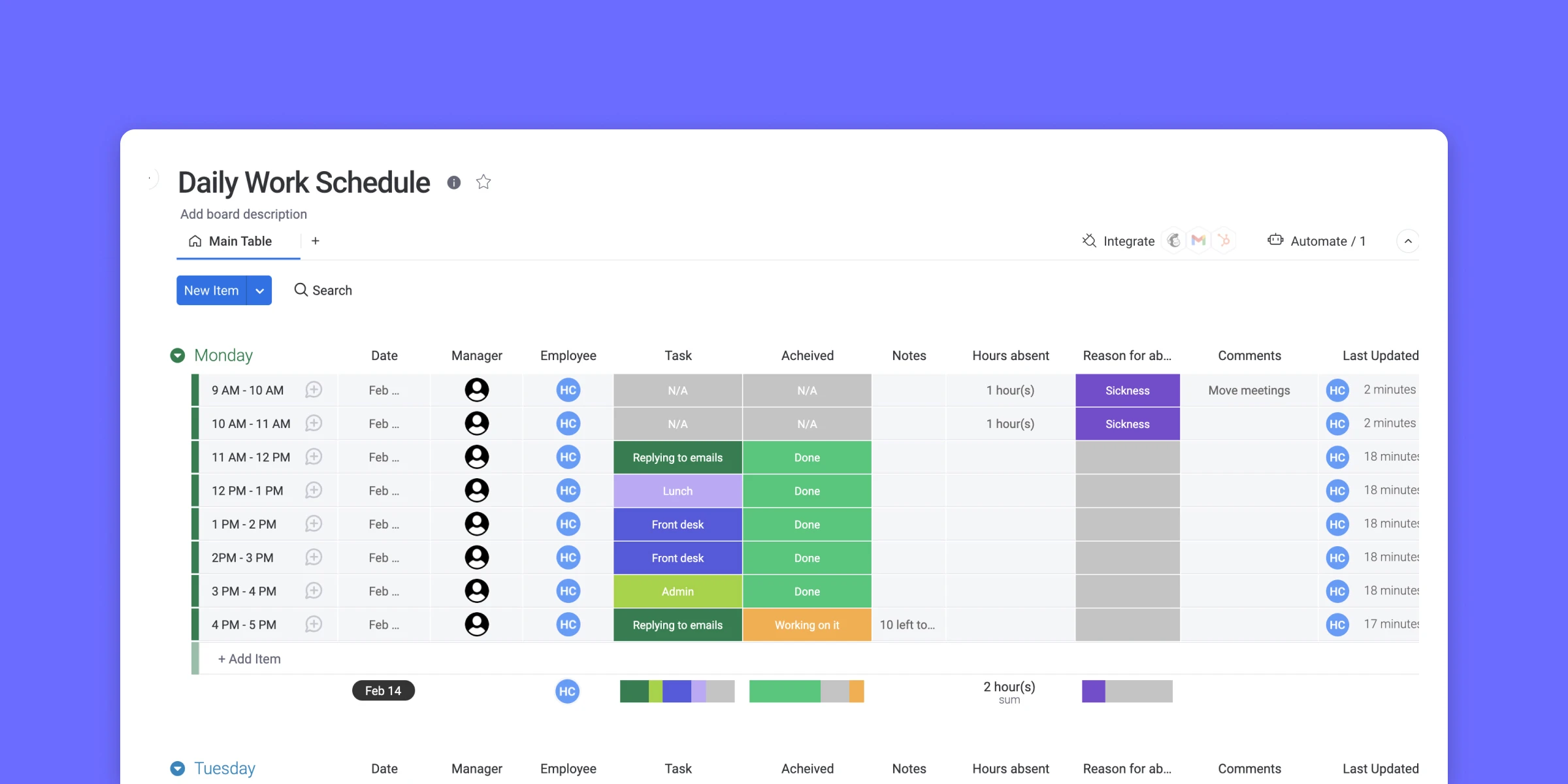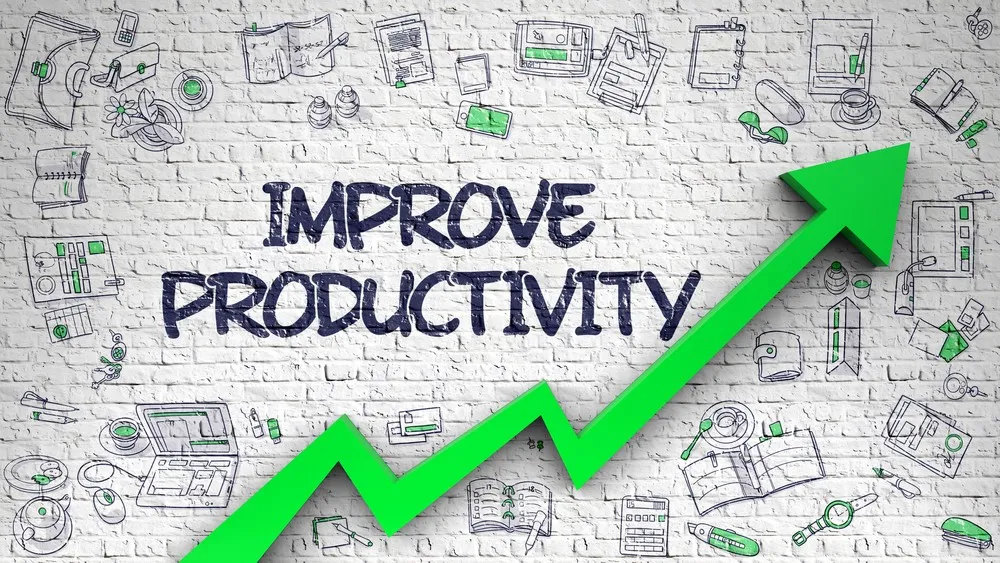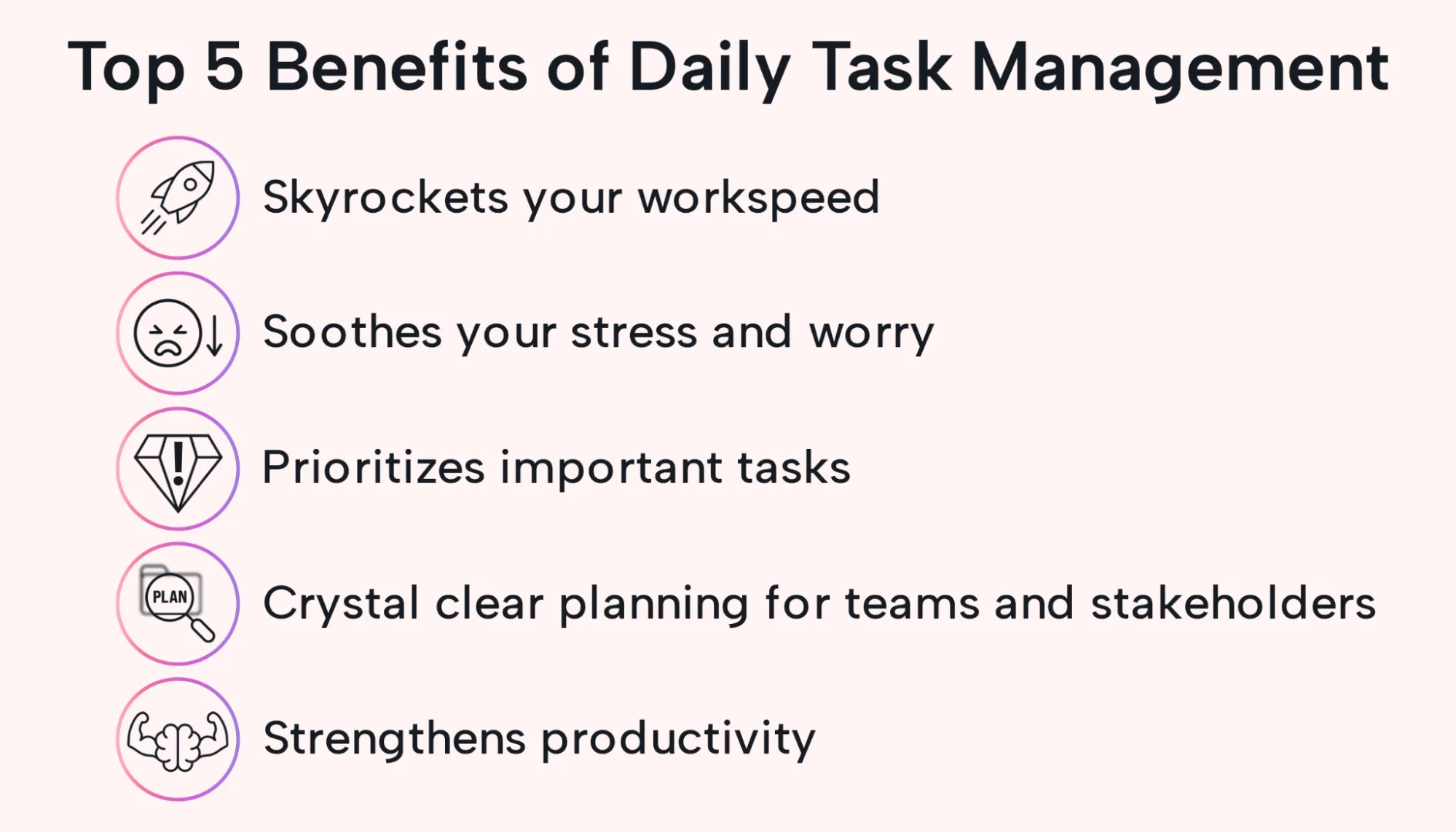In today’s fast-paced work environment, maximizing productivity is essential. Between back-to-back meetings, constant emails, and tight deadlines, staying focused and efficient can feel overwhelming. However, with the right strategies, you can enhance your productivity and achieve your goals without burning out.
This article offers practical office productivity tips to help you work smarter, not harder, and make the most of your time at work.
1. Start with Clear Goals
Productivity begins with clarity. When you know what you want to achieve, it’s easier to focus your energy and prioritize tasks.
- Set Daily Goals: Write down 2-3 key objectives for the day. Make them specific and achievable.
- Align with Bigger Goals: Ensure your daily tasks contribute to your long-term projects or company objectives.
- Use the SMART Framework: Set goals that are Specific, Measurable, Achievable, Relevant, and Time-bound.
By starting your day with a clear plan, you can tackle tasks more efficiently and avoid unnecessary distractions.
2. Prioritize Your Tasks
Not all tasks are equally important. Prioritizing ensures that you focus on high-impact activities instead of getting bogged down by minor details.
- Use the Eisenhower Matrix: Divide tasks into four categories:
- Urgent and important.
- Important but not urgent.
- Urgent but not important.
- Neither urgent nor important.
Focus on the first two categories and delegate or eliminate tasks in the others.
- Start with the Hardest Task: Tackle your most challenging or high-priority task first thing in the morning when your energy levels are highest (also known as “eating the frog”).
- Batch Similar Tasks Together: Group similar activities, like responding to emails or making phone calls, to streamline your workflow.
3. Minimize Distractions
Distractions are one of the biggest productivity killers in the office. From social media to chatty colleagues, interruptions can derail your focus.
- Turn Off Notifications: Silence non-essential alerts on your phone and computer.
- Create a Quiet Workspace: Use noise-canceling headphones or find a quiet room if your office is noisy.
- Set Boundaries: Politely let colleagues know when you’re unavailable for non-urgent discussions.
By proactively managing distractions, you can maintain concentration and get more done in less time.
4. Use Time Management Techniques
Effective time management is crucial for staying productive. Consider trying these techniques:
- Pomodoro Technique: Work for 25 minutes, then take a 5-minute break. Repeat the cycle four times, then take a longer 15-30 minute break.
- Time Blocking: Schedule specific times for each task on your calendar, including breaks and buffer times.
- 90-Minute Focus Sessions: Work in 90-minute intervals, as this aligns with your body’s natural ultradian rhythm for maximum focus.
These methods can help you structure your day and avoid procrastination.
5. Keep Your Workspace Organized
A cluttered workspace can hinder productivity and increase stress. An organized environment, on the other hand, promotes focus and efficiency.
- Declutter Regularly: Remove unnecessary items from your desk and keep only essential tools within reach.
- Go Digital: Use digital tools to store files and reduce paper clutter.
- Label and Categorize: Organize your documents and tools so they’re easy to find when needed.
A tidy workspace not only saves time but also boosts your mental clarity.
6. Take Regular Breaks
Working nonstop may seem productive, but it often leads to burnout and reduced efficiency. Short breaks are essential for maintaining focus and energy throughout the day.
- Follow the 20-20-20 Rule: Every 20 minutes, look at something 20 feet away for 20 seconds to reduce eye strain.
- Stretch and Move: Take a quick walk or stretch to improve circulation and refresh your mind.
- Practice Mindfulness: Spend a few minutes meditating or deep breathing during breaks to reduce stress.
Breaks help recharge your brain, making you more productive when you return to work.
7. Master Email Management
Email can be a significant time sink if not managed effectively. To stay on top of your inbox:
- Set Specific Times for Email: Check and respond to emails at designated times instead of constantly monitoring your inbox.
- Use Filters and Folders: Organize emails into categories like “Urgent,” “Follow-Up,” or “Reference” for easier management.
- Follow the Two-Minute Rule: If an email response takes less than two minutes, handle it immediately. Otherwise, schedule time to address it later.
Efficient email management prevents your inbox from dominating your workday.
8. Leverage Productivity Tools
Technology can be your ally when it comes to staying productive. Utilize tools and apps to streamline your work:
- Task Management Apps: Tools like Trello, Asana, or Todoist help you track and organize tasks.
- Time Tracking Software: Apps like Toggl or RescueTime let you monitor how you spend your time and identify areas for improvement.
- Automation Tools: Use tools like Zapier to automate repetitive tasks, such as sending reminders or updating spreadsheets.
The right tools can save you time and make your workflow more efficient.
9. Practice Single-Tasking
Multitasking may seem like a good way to get more done, but it often leads to mistakes and lower productivity. Instead, focus on one task at a time:
- Eliminate Distractions: Close unnecessary tabs and silence your phone when working on a task.
- Stay Present: Give your full attention to the task at hand rather than thinking about the next one.
- Complete Before Switching: Finish one task before moving on to another to maintain momentum.
Single-tasking ensures higher-quality work and faster completion times.
10. Delegate When Possible
You don’t have to do everything yourself. Delegating tasks can free up your time for higher-priority work.
- Identify Delegable Tasks: Look for tasks that don’t require your unique expertise and assign them to team members.
- Communicate Clearly: Provide clear instructions and expectations when delegating.
- Trust Your Team: Allow others to take ownership of tasks without micromanaging.
Delegating effectively lets you focus on what matters most while empowering your team.
11. Stay Physically and Mentally Healthy
Your overall health plays a significant role in your productivity. To stay energized and focused:
- Eat a Balanced Diet: Choose nutritious foods that fuel your brain and body.
- Exercise Regularly: Even a short daily workout can improve energy levels and mental clarity.
- Prioritize Sleep: Aim for 7-9 hours of quality sleep each night to stay alert and productive.
A healthy body and mind are the foundation of sustained productivity.
12. Reflect and Improve
Productivity is an ongoing process. Regularly evaluate your performance and identify areas for improvement:
- Review Your Day: At the end of each day, reflect on what went well and what could be improved.
- Learn from Mistakes: Identify productivity blockers and find ways to address them.
- Celebrate Wins: Acknowledge your accomplishments, no matter how small, to stay motivated.
Continuous self-improvement ensures long-term productivity and growth.
13. Limit Meetings
Meetings can be a significant drain on time and energy if not managed effectively. To make meetings more productive:
- Set an Agenda: Ensure every meeting has a clear purpose and objectives.
- Invite Only Necessary Participants: Limit attendees to those directly involved in the discussion.
- Stick to the Time Limit: Keep meetings brief and focused to respect everyone’s time.
Fewer, more focused meetings mean more time for meaningful work.
Conclusion
Boosting office productivity doesn’t have to be complicated. By setting clear goals, managing your time effectively, minimizing distractions, and taking care of your health, you can accomplish more in less time without feeling overwhelmed.
Implementing these tips gradually can lead to lasting improvements in your work habits and overall efficiency. Remember, productivity isn’t about working harder—it’s about working smarter.
With the right strategies in place, you’ll not only achieve more but also enjoy greater balance and satisfaction in your workday.




